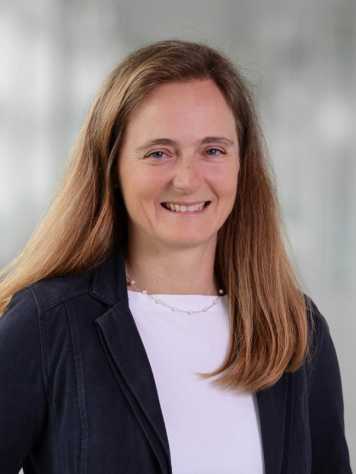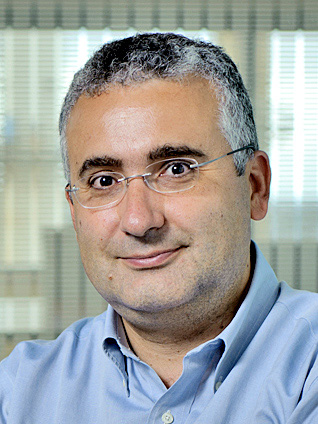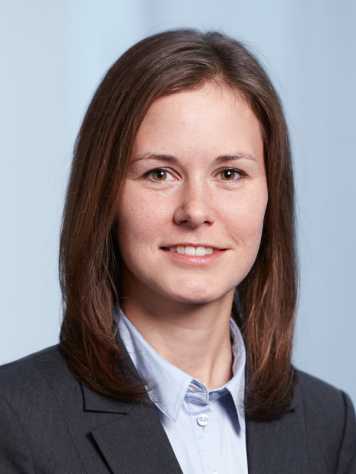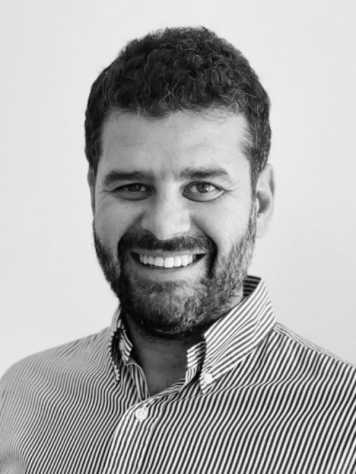Tutor system
The Master in Space Systems is based on a tutor system. The tutors are available to assisting students in developing a personalised learning agreement and providing mentorship throughout their studies.

The tutor system aims to support students in setting-up a personalised learning agreement, ensuring a well defined education tailored to the student's expectations. Hence, the tutor approves the student’s choice of scientific introductory and deep track courses as well as the elective courses. Throughout the programme, tutors guide their students and offer suggestions for improving their academic progress as needed.
Deep tracks and tutors
Professors and senior scientists across different departments at ETH Zurich are authorised to serve as tutors. During the application process, students are required to choose and prioritise three tutors specialising in their desired field.
While the deep track typically aligns with the tutor’s area of expertise, this is not a strict requirement and may vary depending on the cohort size. The assigned tutor will be communicated in the admission letter.
A change of tutor can only be requested at the beginning of a semester and after completing the change of tutor form. A change of tutor needs to be approved by the Director of Studies. After the change of tutor has been approved, the student has to submit an updated Learning Agreement on myStudies.
Computational fluid dynamics, turbulence modelling, flow in porous media, multi-scale modelling, probability density function (PDF) modelling
Combustion technology, control of hydrodynamic, thermoacoustic and aeroacoustic instabilities, development of flow sensors and actuators
Orbital dynamics, numerical fluid dynamics, compressible flows
Managing Director ETH Zurich | Space
Synthetic Aperture Radar (SAR) remote sensing, SAR interferometry, SAR polarimetry, Polarimetric SAR Interferometry, SAR tomography
Space geodesy, global navigation satellite systems (GNSS), radio interferometry, satellite gravimetry, atmosphere, machine learning
Extrasolar planets research, project-related science leadership, project leadership and management
Advanced instrumentation for space- and ground-based telescopes, (lead) systems engineering, project leadership and management, extrasolar planets research
Planetary seismology, future scientific missions in the solar system
Planetary exploration instrumentation, astrobiology and life-detection
systems, in-situ chemical analysis, automated wet-chemistry instruments,
integrated sensing technologies, planetary analog field studies
Feedback control, mobile robotics, autonomous vehicles, smart mobility
Robot design, control for locomotion and manipulation, machine learning, autonomous navigation, legged robots, mobile manipulation, digital fabrication
Control for complex system networks, learning-based control, machine learning, personalised control systems
Optical, THz and microwave communications, electromagnetic field simulation and research
Electromagnetic fields and waves, optimisation, numerical field simulations, RF/mm-Wave/THz/optical antennas, resonators, and waveguides
Microelectronics, digital circuits, wireless communications, signal processing, machine learning
Integrated circuits and systems, RF/mm-Wave/THz communication and sensing, silicon photonics, hardware security, circuits for quantum electronics, machine learning, bioelectronics, biosensors, biology-electronics interfaces
Optical communication, resistive memories (memristor), bio-inspired computing hardware


















